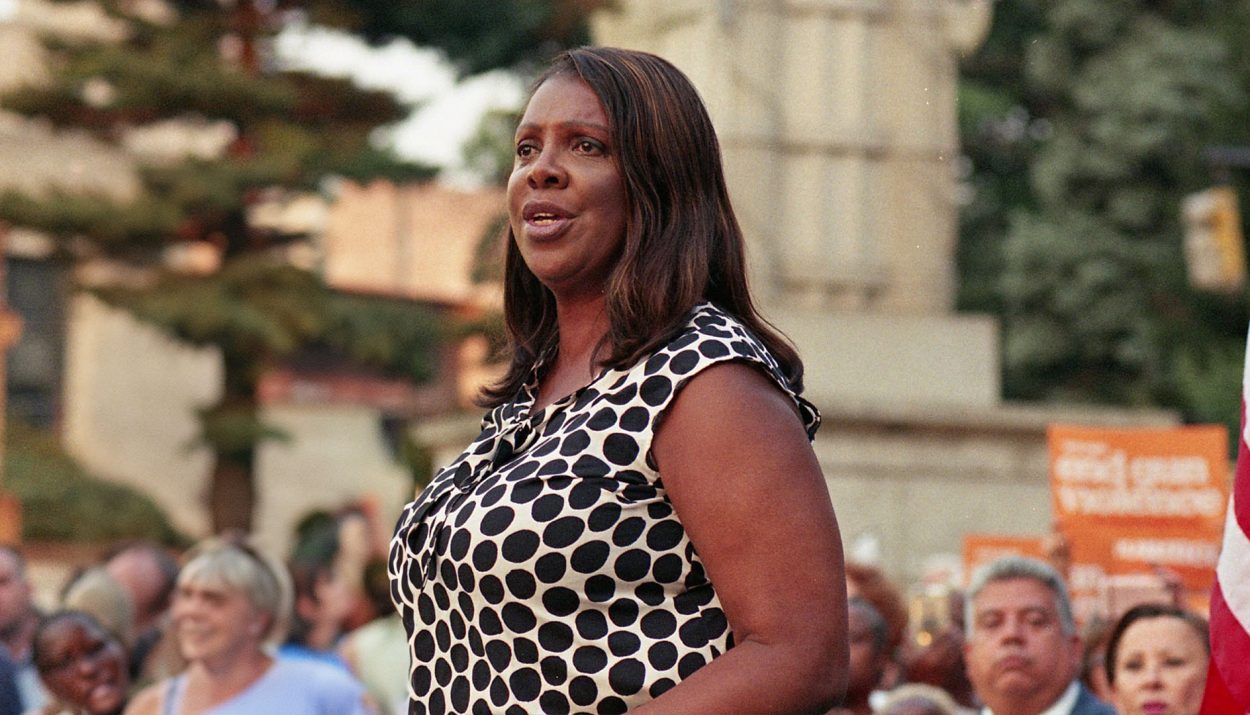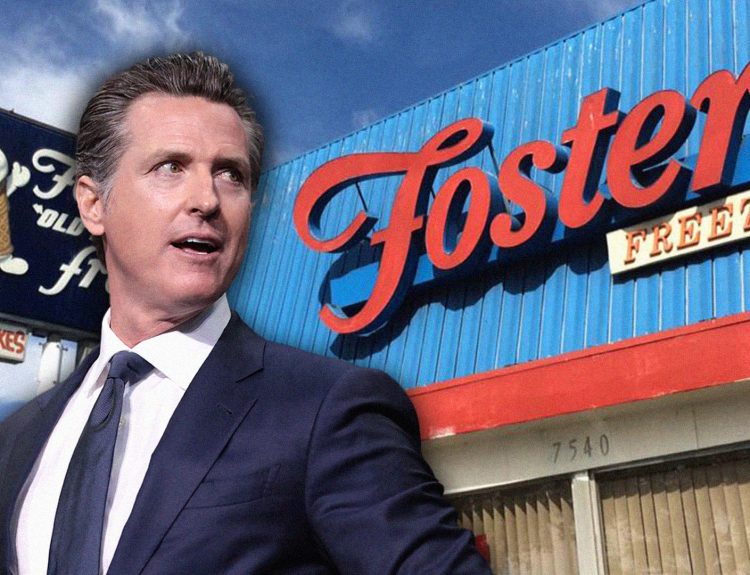New York Attorney General Letitia James filed a lawsuit against Yellowstone Capital, a cash advance provider, for $1.4 billion on Tuesday. James claimed that the company managed a large-scaled predatory lending setup that charged its customers “sky-high” interest rates for fraudulent loans.
Yellowstone Offered To Buy Specified Percentages Of Future Revenue
According to the complaint, James accused the cash advance provider of falsely claiming that they would purchase specific percentages of future revenue from merchants. In addition, they allegedly offered merchants the flexible options of paying off advances over extended periods.
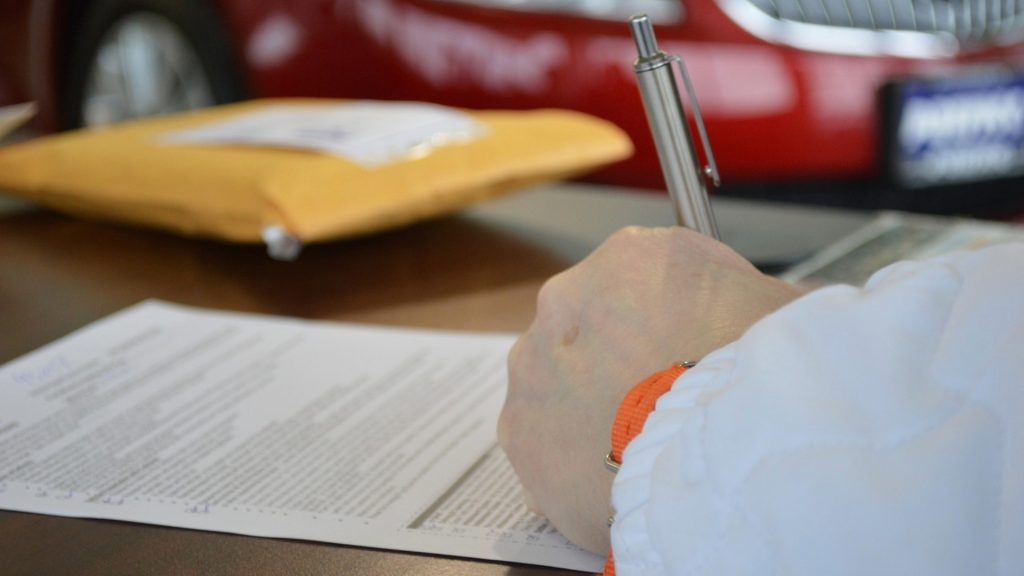
This offer was reportedly only available if their business slowed down and their bottom line suffered.
James States That ‘Small Businesses Are The Foundation’ Of U.S. Economy
Letitia James states that “small businesses are the foundation of our economy.” According to the U.S. Small Business Administration (SBA), there were nearly 33.2 million small businesses in the U.S. in 2023.

The same report shows that these businesses employ over 61 million Americans, which equals over 46% of private sector employees. James further explained that small businesses “face severe challenges without also having predatory lenders taking advantage of them.”
Attorney General Claims Yellowstone Debited Fix Sums From Merchant Accounts
Letitia James claimed that Yellowstone debited fix amounts from the bank accounts of their merchants over 60 or 90-business day periods. This reportedly resulted in “unconscionable” interest rates that typically reached triple digits.
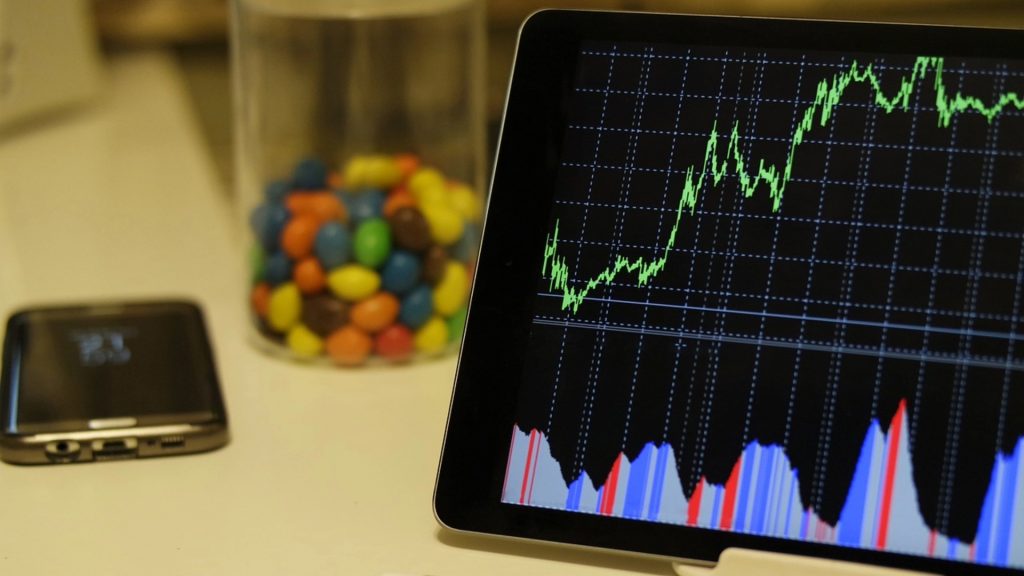
Further reports have claimed that some interest rates have been reached a maximum of 820%. This is exponentially higher than the typical interest rate maximum offered of 16% for legitimate cases.
Former Yellowstone Customers Closed Business After 29 Years
Former Yellowstone customer City Bakery closed its doors permanently back in 2019. The company reportedly was overwhelmed by huge debts to Yellowstone, which led to the eventual closing.

In addition to the accrued debt, there was apparently an unexpected increase two years before its closure within the payment obligations. This added even more weight to the overall burden that led to the company’s demise.
Attorney General’s Complaint Listed 37 Defendants In 281-Page Complaint
Attorney General James reportedly filed a 281-page complaint that featured 37 individual and corporate defendants for the lawsuit filed against Yellowstone. The lawsuit, which was filed in Manhattan, aims to recoup the illegal fees and interest.
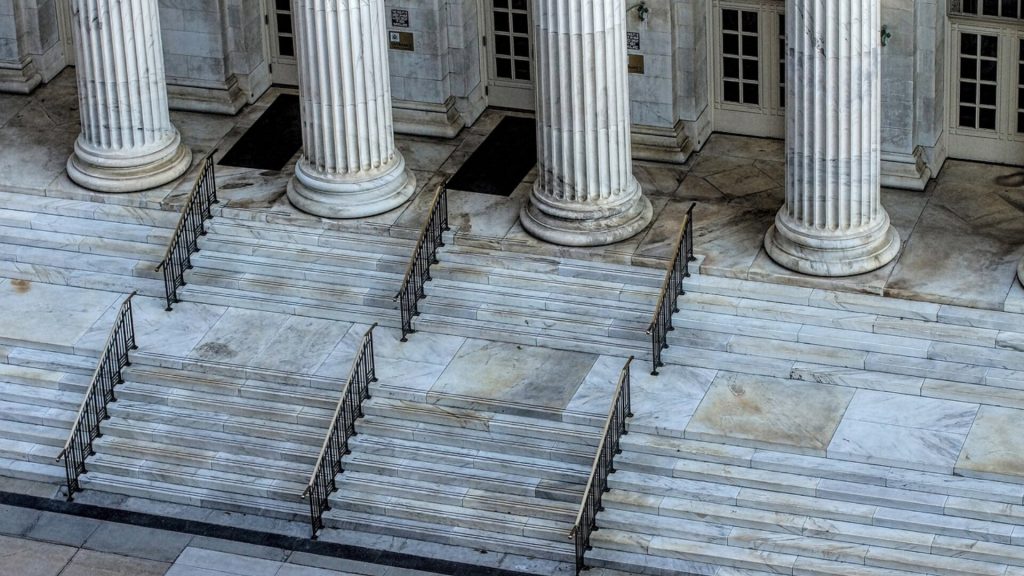
In addition, the lawsuit imposed a $5,000 civil fine for each of the fraudulent merchant cash advances in each question. It also insists that the co-founder of Yellowstone Capital, David Glass, is banned from the industry overall.
Yellowstone Co-Founder Started Company After Guilty Plea For Insider Trading
Yellowstone co-founder David Glass reportedly established the company alongside co-defendant Yitzhak Stern in 2009. The company’s founding was only one year after Glass submitted a guilty plea for an insider trading case against him.
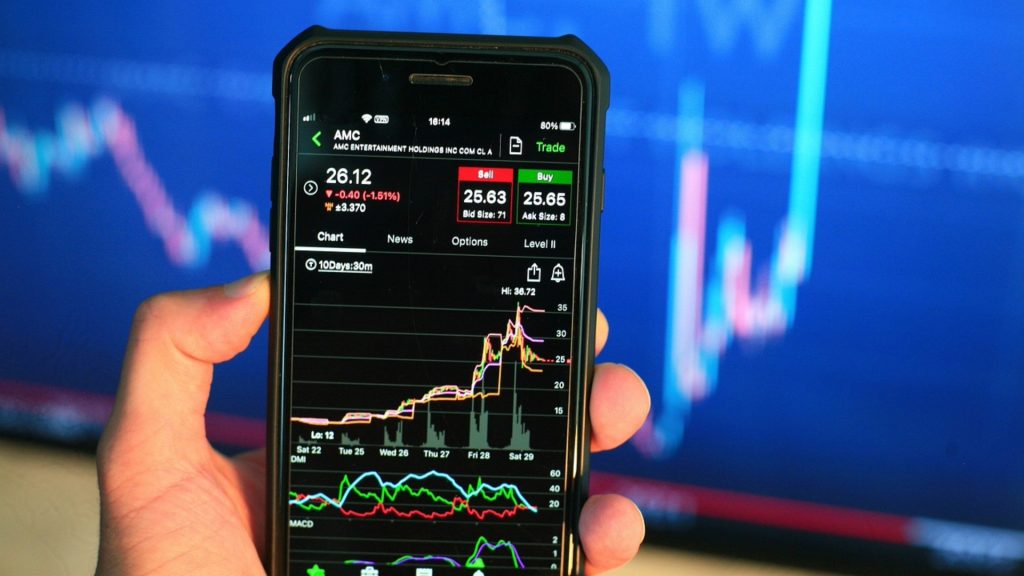
According to the complaint related to the charge, Glass “engaged in illegal insider trading” by using “material, nonpublic information” about upcoming analyst recommendations to buy and sell securities within the accounts of a day-trading firm that was owned by Glass. Glass was sentenced to probation.
Yellowstone Paid $9.8 Million To Settle U.S. FTC Charges In 2021
The cash advance provider reportedly agreed to pay a $9.8 million settlement to the U.S. Federal Trade Commission in 2021. The settlement was related to charges of unauthorized bank withdrawals in addition to misleading various businesses about its financing.
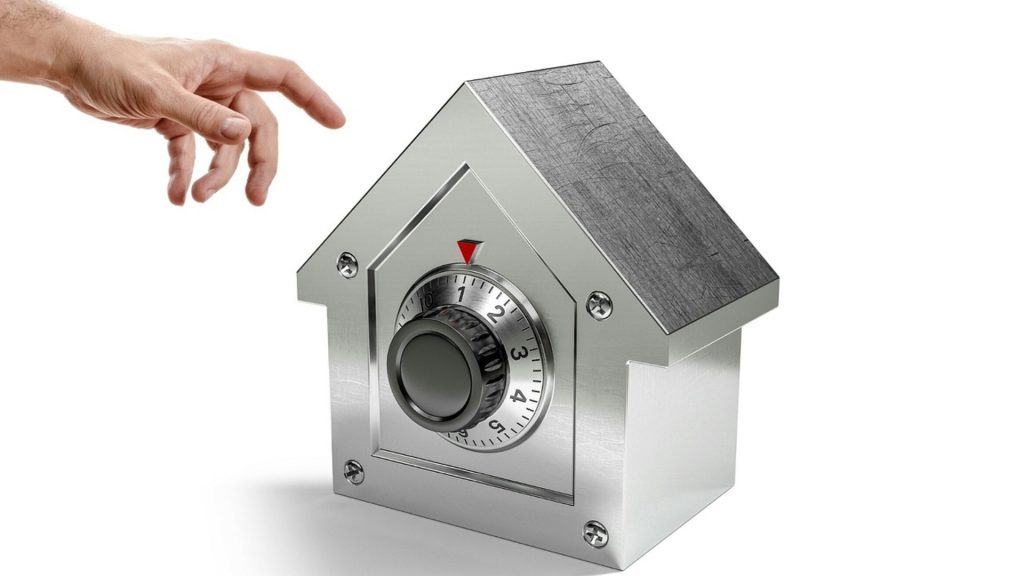
In addition, the company agreed to forgive $21.8 million in debt and pay $5.6 million to resolve claims. The claims were reportedly filed by the attorney general of New Jersey regarding the act of corporate deception.
The Attraction Of Payday Loans In Today’s Economy
The average interest rates associated with payday loans should deter most consumers. However, the rising prices of fuel, rent, and food have left quite a few with limited options.

A June 2022 report from CNN Business claimed that inflation rates were also at a 40-year high. Unemployment rates were near a half-century low. However, payday loan lenders and cash advance providers were able to take full advantage of the opportunities presented.
Subprime Lender CEO: ‘Low Unemployment Plus Inflation’ Creates Need For Loans
David Fisher, the CEO of subprime lender Enova, discussed the increasing need for loans during an earnings call for his company in May of 2022. Fisher stated that “low unemployment plus inflation generally means consumers may need loans for additional capital.”

According to Fisher, the capital would be used to “manage through unexpected spikes and expenses” in addition to earning money as they paid back those loans. Fisher’s company, which only operated online, exceeded its quarterly earnings that year by nearly 8%.
Gas Prices Skyrocketed As Employers Required In-Person Work Shifts
It seems as if the price for a gallon of gas skyrocketed around the same time that many employers started to require their employees to return to in-person work shifts. One report showed that the average gallon price was nearly $5 at one point in 2022, which was a 61% increase over 2021 figures.
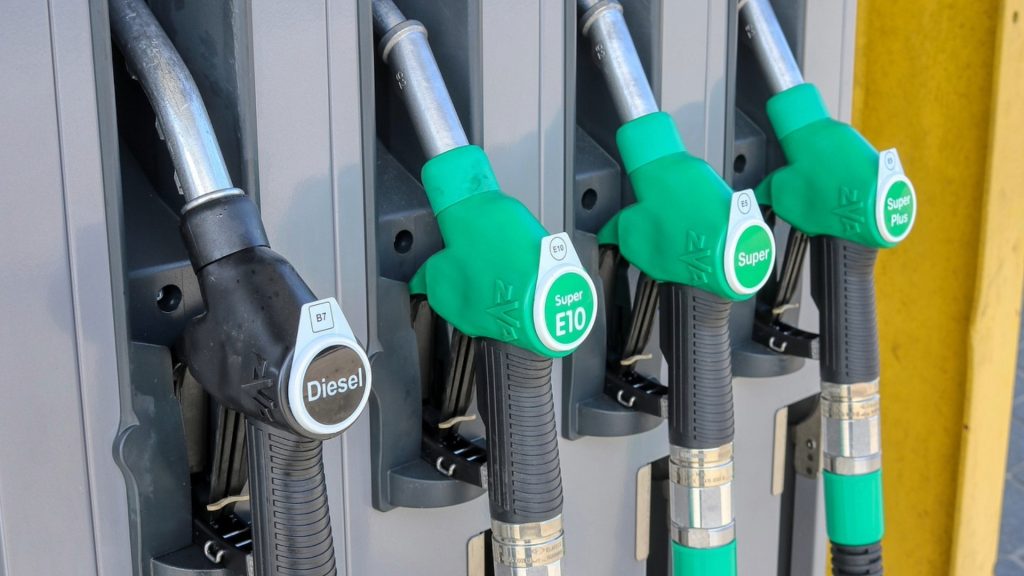
During the same period, the minimum wage remained at $7.25 per hour. This meant that most low-wage workers were required to work nearly 14 hours just to cover the expense of a full tank of gas.
Low Credit Scores Make It Difficult For Consumers To Get Traditional Loan
Multiple reports show that the average credit score for low-earning consumers in the U.S. continues to drop with each passing year. With nearly 40% of Americans earning below $50,000 annually and living paycheck-to-paycheck, having a credit score that is below 650 creates a challenge when it comes to qualifying for traditional loans.
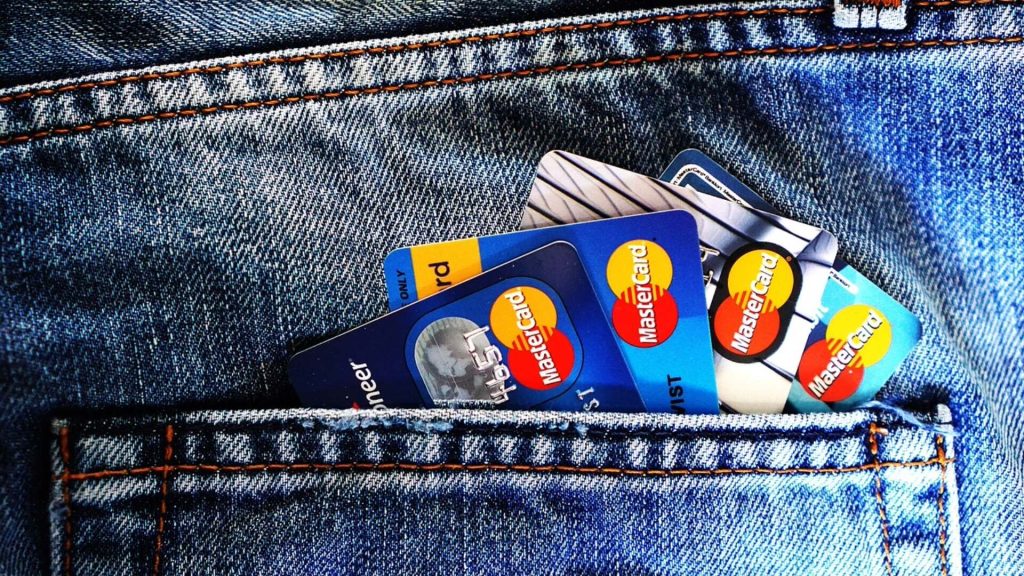
This is another reason why high-interest cash advances and payday loans are growing in popularity. Studies show that they are accessible in over half of the country with minimal regulation. Within the 32 states that allow access to payday lending and cash advances, according to CNN Business, the average annual interest rate ranges from a low of 200% (Minnesota) to 664% (Texas).

